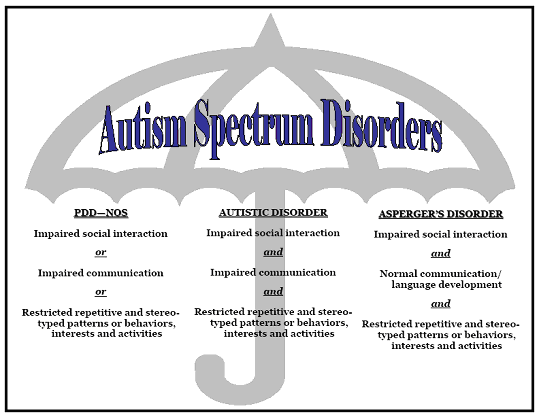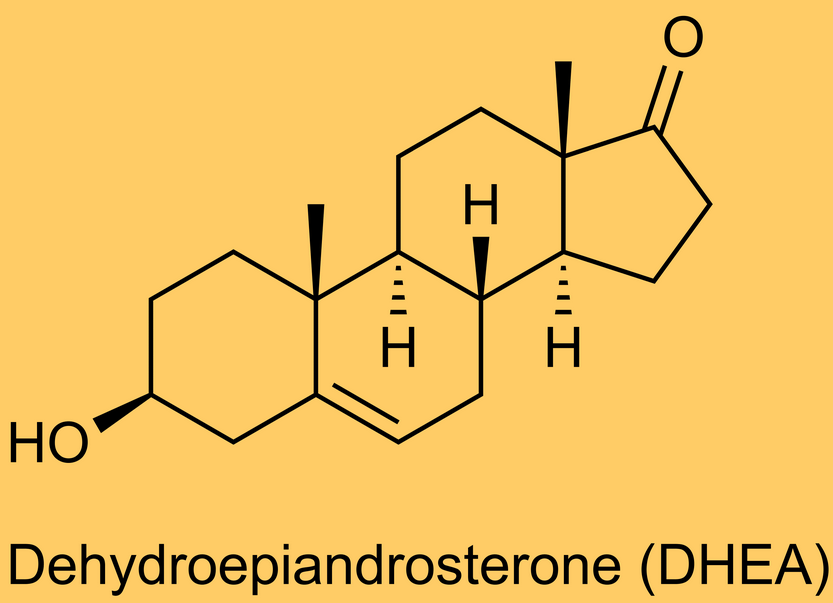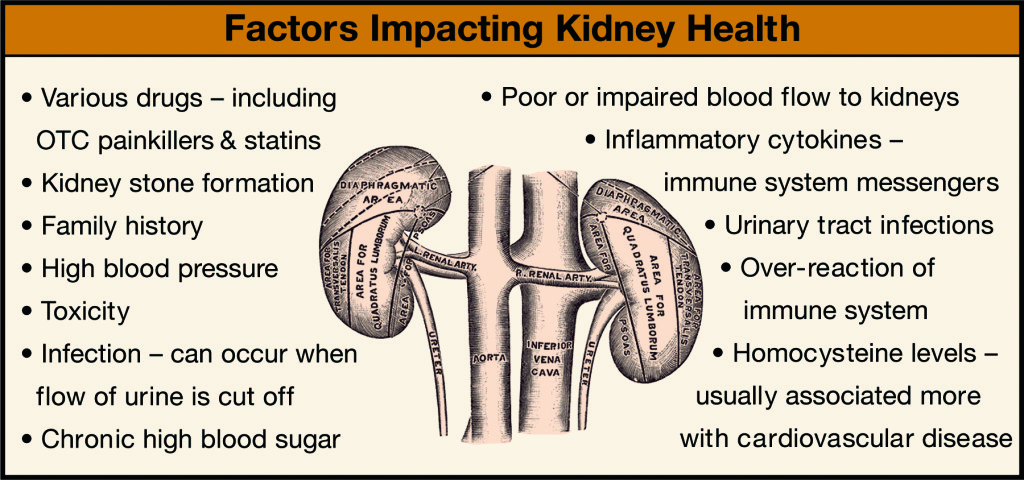Stem Cell Treatment for Autism Spectrum Disorders
Stem Cell Treatment for Autism Spectrum Disorders
The medicinal properties of the stem cells have seen it being used for treatment of myriad ailments or as therapy for many diseases that are not even treatable. for the cases of these diseases that are not treatable the stem cell therapy helps to alleviate on the dangerous symptoms of the diseases and offer comfort as well as lengthen the lives of those who are victims of these diseases. needless the stem cell therapy has become a crucial component of regenerative medicine with many researchers still working around the subject to find out how its applicability can be useful in treating lifestyle diseases that have become a problem to this generation and many generations to come. The stem cell therapy has been proposed as an effective therapy in cases of autism. Autism spectrum disorders are complex neurodevelopmental disorders. This term refers to a heterogeneous group of varied conditions characterized by dysfunctions in social interactions, skills, and communication, restricted interests, and repetitive stereotypic verbal and non-verbal behaviors, influencing the ability to relate to others. Cognitive, emotional and neurobehavioral abnormalities characterize the core symptoms. The prevalence of these disorders has dramatically increased in the last years, with present rates of 1 in every 88 children aged 8 years in the United States, according to Centers for Disease Control.

Autism Spectrum Disorders are presumed to be a lifelong disability with multiple impacts on child and adult health. Without a doubt, adult autistic individuals show limited independence because of their learning disability. Adult patients of autism spectrum disorders experience problems in communication. They are not able to read and write well. They’ve got poor comprehension of whatever they read. Apart from impaired communication, they also exhibit stereotyped behaviors and restricted interests. The children affected require special and intensive parental, school, and social support without which coping with the condition may become a nightmare. Autism Spectrum Disorders results in a substantial impact not only on the person’s quality of life but also that of their family. Autism Spectrum Disorders patients are not very easy to take care of, apart from their impaired social behavior, the cost of caring for them is so high. It is estimated that the cost of caring for a single person suffering from Autism Spectrum Disorders for a life time is $3.2 million, therefore this disease by all means is a global problem that should be prioritized and fought from all fronts.
Though the most salient symptoms of these diseases is seen in the cognitive, emotional and neurobehavioral abnormalities, Autism Spectrum Disorders are also characterized by a broad range of biochemical, toxicological and immune involvement, including oxidative stress, endoplasmic reticulum stress, decreased methylation capacity, limited production of glutathione, mitochondrial dysfunction, intestinal dysbiosis, increased toxic metal burden, and immune dysregulations including autoimmunity. Due to these complex problems there has never been any effective medication for autism spectrum disorders that has shown dependable level of efficacy. Today there are only few medications that are licensed by FDA for treating autism related disorders. Needless to emphasize these medications that are available in pharmacies such as anti-psychotics have failed to address the core symptoms of autism spectrum disorders. These medications are quite palliative and have potential adverse effects on the user. For this reason there are other alternative treatments of Autism Spectrum Disorders that have since surfaced. these may include; behavioral, nutritional, and biomedical approaches therefore this creates a vacuum that can be filled with effective therapies like the stem cell therapy but still there is need for more research that a better treatments for this disorder can be found. Despite medical technology advancements it is good to be blunt, Autism spectrum disorders are still untreatable pathologies. Mesenchymal stem cells possess the immunological properties which make them promising candidates as a novel therapeutic option but there is no single therapy that has been found that can treat autism spectrum disorders.
This is how stem cell therapy works for autism
 As mentioned earlier Stem cells are precursors of all cells and are capable of forming cells of other types hematopoietic, nervous and cardiovascular system, endocrine organs, bone, cartilage and muscle tissue. It is with this ability of stem cells to shift shape that it can be harnessed to help treat autism. Early animal studies have shown that stem cells isolated from umbilical cord blood can stimulate cells in the spinal cord to regrow their myelin layers, and in doing so help restore connections with surrounding cells. Autism is thought to result from impaired connectivity in the brain. Because of this, it is practical to apply this therapy on patients with autism spectrum disorders besides Mesenchymal stem cells can regulate the immune system. the mesenchymal stem cells can also help to reverse inflammatory conditions and perhaps this is why very many institutions in the US and across the globe have been doing trials on ability of the stem cells to treat even Cohn’s disease which is a condition resembling the gut inflammation in autistic children. Autism is a serious disease that should be prioritized by the public health stakeholders plus you also need information on how to leave with this disease, Visit us at AWAREmed Health and Wellness Resource Centre at Myrtle Beach, South Carolina. Dr. Dalal Akoury (MD) an expert in integrative and regenerative medicine will be able to help.
As mentioned earlier Stem cells are precursors of all cells and are capable of forming cells of other types hematopoietic, nervous and cardiovascular system, endocrine organs, bone, cartilage and muscle tissue. It is with this ability of stem cells to shift shape that it can be harnessed to help treat autism. Early animal studies have shown that stem cells isolated from umbilical cord blood can stimulate cells in the spinal cord to regrow their myelin layers, and in doing so help restore connections with surrounding cells. Autism is thought to result from impaired connectivity in the brain. Because of this, it is practical to apply this therapy on patients with autism spectrum disorders besides Mesenchymal stem cells can regulate the immune system. the mesenchymal stem cells can also help to reverse inflammatory conditions and perhaps this is why very many institutions in the US and across the globe have been doing trials on ability of the stem cells to treat even Cohn’s disease which is a condition resembling the gut inflammation in autistic children. Autism is a serious disease that should be prioritized by the public health stakeholders plus you also need information on how to leave with this disease, Visit us at AWAREmed Health and Wellness Resource Centre at Myrtle Beach, South Carolina. Dr. Dalal Akoury (MD) an expert in integrative and regenerative medicine will be able to help.
Stem Cell Treatment for Autism Spectrum Disorders








 DHEA replacement therapy is performed on patients with low levels of the hormone. When this level declines as we have seen the balance of other hormones is offset. Mostly patients will come in with symptoms of hormonal imbalances. The test is performed by an expert who runs a couple of tests to find out the level of DHEA. When done correctly, the replacement therapy helps restore the
DHEA replacement therapy is performed on patients with low levels of the hormone. When this level declines as we have seen the balance of other hormones is offset. Mostly patients will come in with symptoms of hormonal imbalances. The test is performed by an expert who runs a couple of tests to find out the level of DHEA. When done correctly, the replacement therapy helps restore the 






 Blood sugar is root-controlled by 3 major organs; pancreas, liver and the
Blood sugar is root-controlled by 3 major organs; pancreas, liver and the 








 Adrenal fatigue does not develop overnight. The condition follows a course of development from the time when one experiences the first signs and symptoms to the stage where it becomes a chronic condition. In the first stage, the body of an individual is forced to release a lot of hormones that are associated with the ‘fight or flight’ instinct. This usually happens after a person is exposed to stressful conditions.
Adrenal fatigue does not develop overnight. The condition follows a course of development from the time when one experiences the first signs and symptoms to the stage where it becomes a chronic condition. In the first stage, the body of an individual is forced to release a lot of hormones that are associated with the ‘fight or flight’ instinct. This usually happens after a person is exposed to stressful conditions.